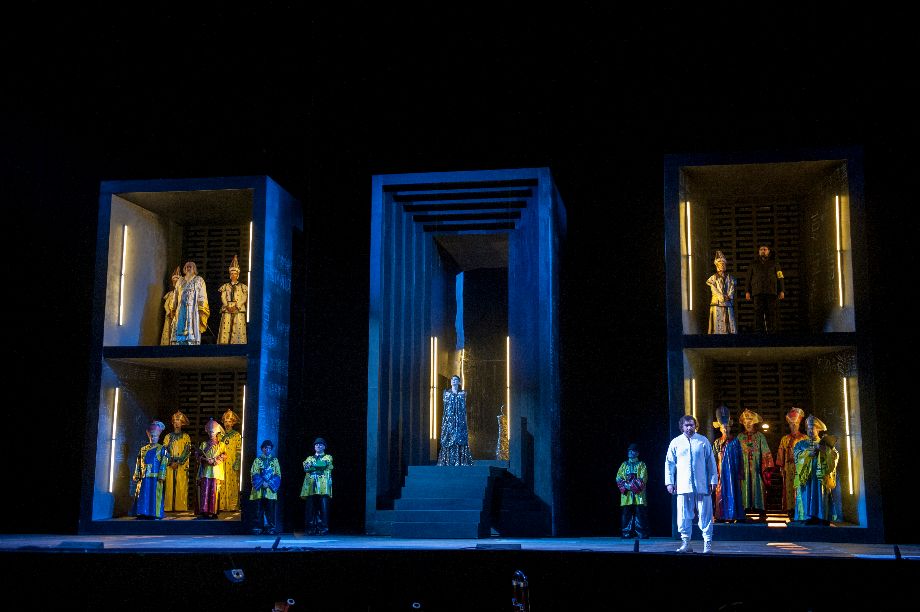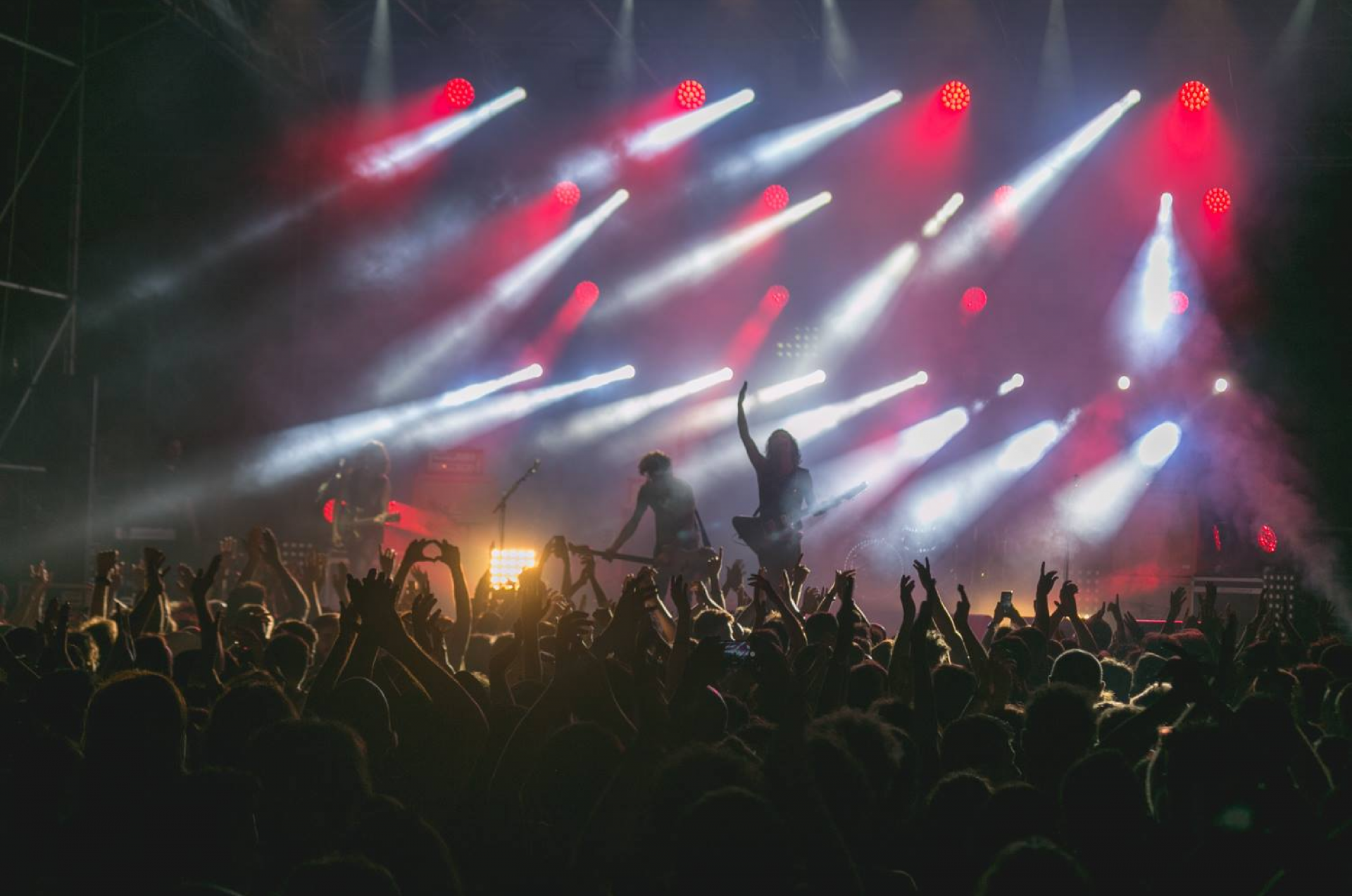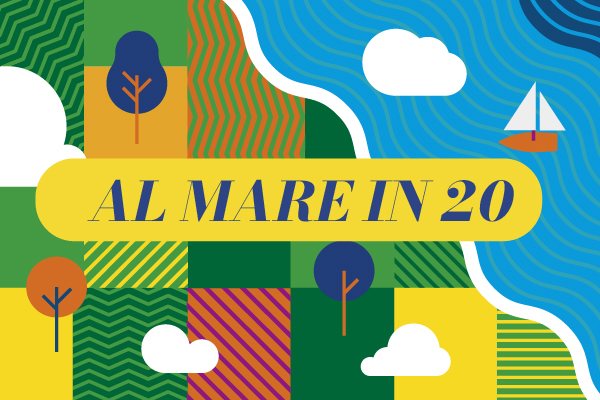- Fri 26 April 2024,
- Sun 28 April 2024.
TURANDOT
8:00 PM
Operatic musical in three acts and five scenes
Music by Giacomo Puccini
Conductor Pietro Mianiti
Director Daniele Abbado
Goldoni Theater Orchestra and Chorus
Friday, April 26th, at 8pm
Sunday, April 28th, at 4pm
TURANDOT
Musical opera in three acts and five scenes
Music by Giacomo Puccini
Conductor Pietro Mianiti
Direction Daniele Abbado
Orchestra and Chorus of Teatro Goldoni
Set and lights Angelo Linzalata
Costumes Giovanna Buzzi
Choreography Simona Bucci
New staging, coproduction between Fondazione Festival Pucciniano and Fondazione Teatro Goldoni
Turandot is a very rich opera, filled with different musical and theatrical events, with the most diverse narrative planes. The languages of tragedy, heroism, grotesque, exoticism, ritual, and comedy coexist in moments of alternation, fusion, and contrast. Evidently, the content of Turandot is overwhelming and does not support a linear narrative. This is where a large part of the modernity of this opera resides: the opera of fragmentation, fragmentation of styles, languages, and situations. It is probably Puccini’s most modern opera. Certainly, from a dramaturgical point of view, it is the one most connected to the sensitivity of the 20th century. The story set to music by Puccini pushes us towards a non-literal narration. China is the fairytale, the fairytale of the Theater. China is the Theater, beyond easy folklore.
In Turandot, moments of fairytale, nightmare, and poetry alternate.
There is a constant search for truth, a distant and elusive truth. This leads to continuous reversals, contradictions, lapses, and irreversible decisions. The initial atmosphere of collective hallucination can only be overcome by acts that restore knowledge. Turandot is a strange tragicomedy of the psyche, a series of tragicomic variations on Love and Death. It starts from an archetypal situation: the world that bursts onto the stage is paralyzed, in a situation of widespread crisis. The origin of this crisis is unknown, probably forgotten or falsified. And, as in the archetype, three enigmas remain to be revealed.
Probably Puccini could not complete the opera because he no longer recognized himself in the planned triumphant conclusion. In this edition born at the Torre del Lago Festival, we present the ending composed by Luciano Berio, in which there is very little triumph. Berio’s music decisively shifts the content of Turandot into the musical territories of the 20th century and undergoes a series of changing transformations in which there is no evident affirmation of “love story”. In the end, Turandot evades her responsibilities, fleeing from guilt. The resulting confrontation takes place in an atmosphere of total psychological threat.
Returning to the initial binomial, there is more death than love in this confrontation.
We are prompted by a series of questions. Calaf offers himself as a sign of total challenge. What does he succeed in liberating in Turandot’s psyche? Is there eroticism in this scene? This is followed by the definitive confession, the prince finally has a name. Calaf has an ending, as if revealing his own identity to himself. Through this revelation, do we arrive at a double recognition?
In the end, an opera with a little assertive ending. In Berio’s writing, Turandot has a critical ending, it is almost an opera without a conclusion. In the end, everything dissolves. There is a very long fade-out of sound. Everything disappears. But the spell has been broken, perhaps we are at the end of a collective hallucination.
Perhaps we find ourselves in a possible way out of fiction, from the old theater of the late 19th century in which Puccini lived for a long time.
Even with the important contribution of Luciano Berio, this scenic tale seems not to close with an ending, but rather to give Turandot the sense of an attempt, an experiment. Turandot as an Open Opera, entrusted to the destiny of generating and hosting different meaningful endings.


Subscribe to the newsletter to stay updated
Don't miss any news about events in Livorno and surroundings.



